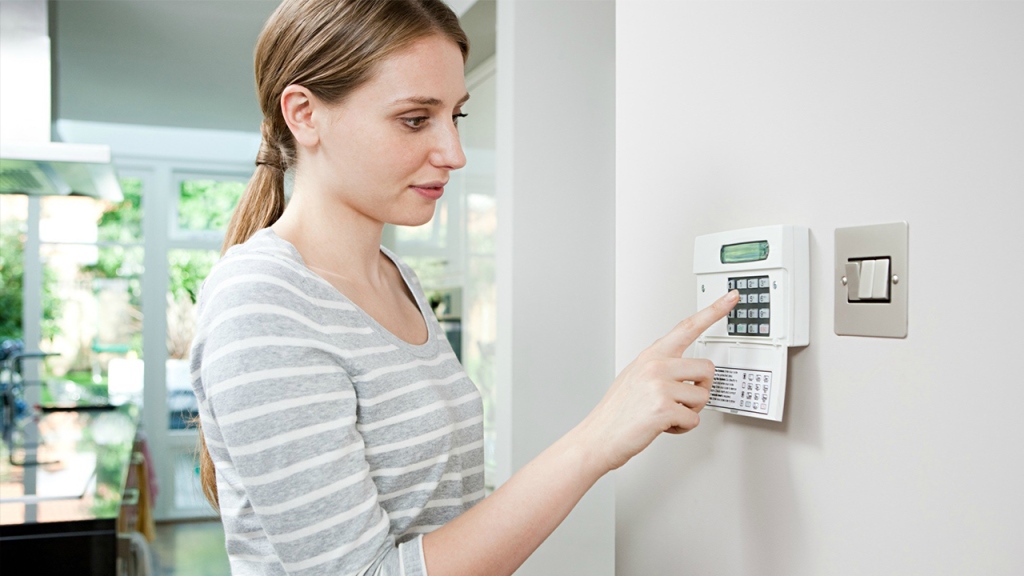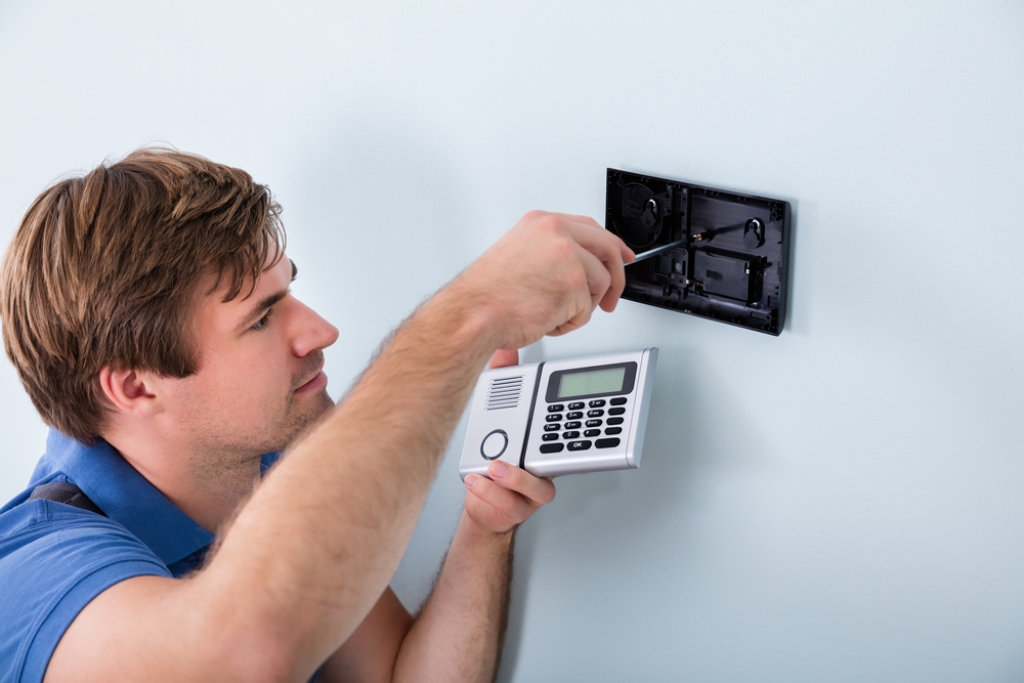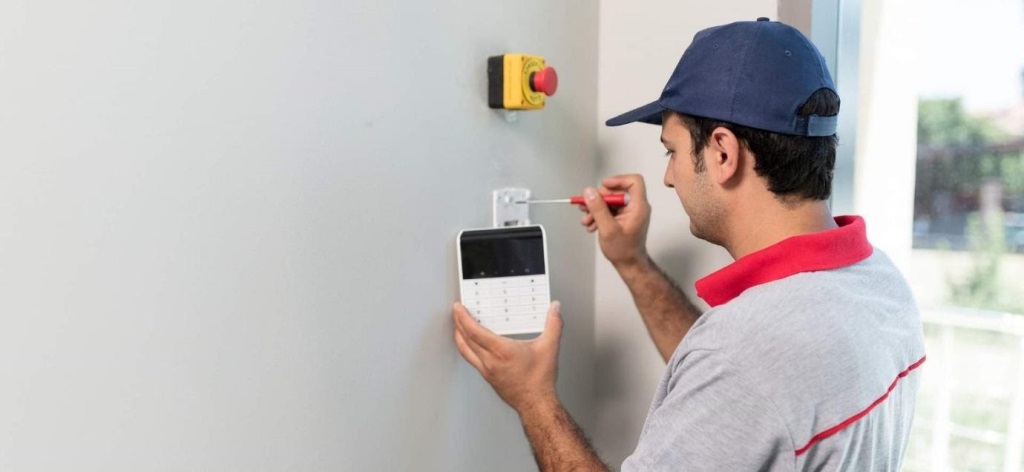Shopping around for an alarm system can very quickly become a trial. With so many on the market today – many of them being high quality – knowing what the best system will be for your home or business can be overwhelming. Although buying the best of the best may seem logical for some, these systems may very well have a suite of features you’ll never use, which can end up feeling like you’re just throwing money away – and this isn’t even considering the substantial differences between residential and business alarm systems! There’s no need to worry, though, because in this article we demonstrate what you should consider when looking at alarm security systems so that you’ll be able to confidently invest.
Considering monitoring options

If you’re looking at home security systems in Melbourne, Sydney or other cities around Australia with large urban populations, it’s a good idea to think carefully about your monitoring options. Although many might think of triggered alarms as shrill devices designed to alert yourself and anyone nearby, the option of having the premises actively monitored can be far more useful, especially for businesses. This typically involves having a security alarm system professionally monitored by a security control room that operates 24 hours a day, 7 days a week. When an alarm is triggered, those manning the control rooms can either contact someone on a specified callout list, call the police or immediately send a security guard out to observe the site. If this option sounds excessive or if the associated cost is too much, the easy alternative is to be automatically notified via text message when your alarm is triggered. Even with 24/7 guarding, monitoring is not a complete solution for many businesses, however. For example, businesses in the banking sector will require multiple levels of detection, including things like magnetic reed switches, passive infrared detection and seismic sensors for safes.
The design of your system
Although you might be set on a type of wiring of system, choosing either a hard-wired or wireless security system for your setup isn’t as simple as it might first appear. Hard-wired systems don’t need batteries as they integrate with your power supply, but installation of these systems is generally more labour-intensive and you can quickly run into problems with more complex designs (such as multi-storey houses or those with limited ceiling access). Wireless systems are more ideal in these circumstances, and are usually cheaper to boot, but these kinds of security systems still carry some downsides. For instance, the ease of installation comes at the cost of needing to replace the battery in addition to the possibility of nearby devices interfering with the wireless system due to both being run on the same frequency. Plus, if you’re choosing wireless, it’s also worth looking into how reliable the manufacturer’s wireless equipment is and whether they have the right wireless detectors to suit your needs.
Choosing the right system for you

Although we’ve tried to cover some of the most important aspects of alarm systems, this is just the tip of the iceberg. When considering your next alarm or security system, it’s important to keep in mind your budget, the design of your premises, the need for monitoring, in addition to additional options like CCTV and remotes to arm and disarm your alarm. It’s a lot to think about, so if you’re confused, make sure to get in touch with a local expert.






